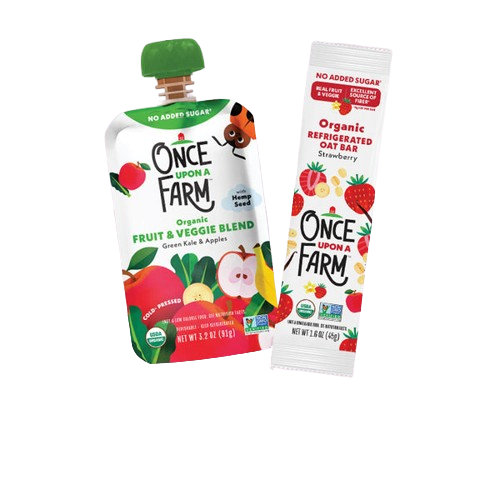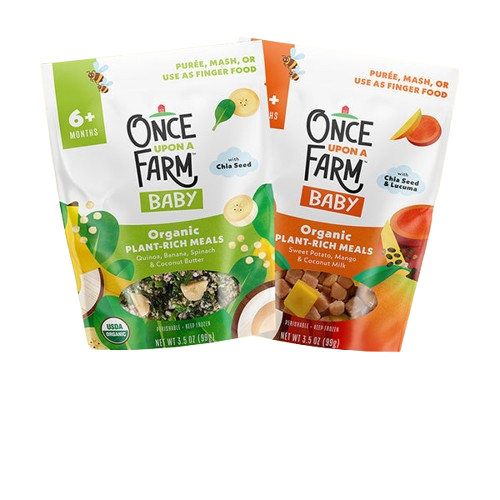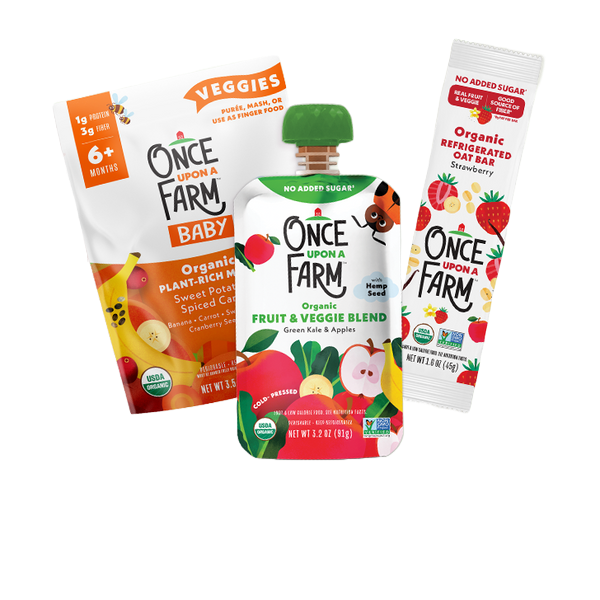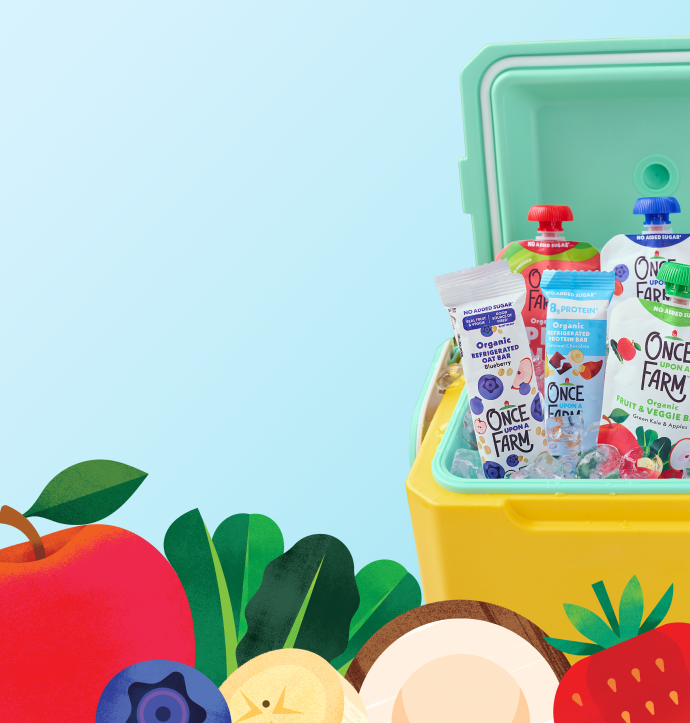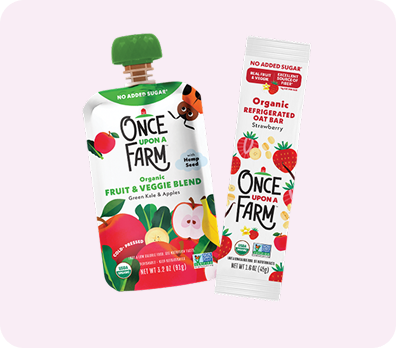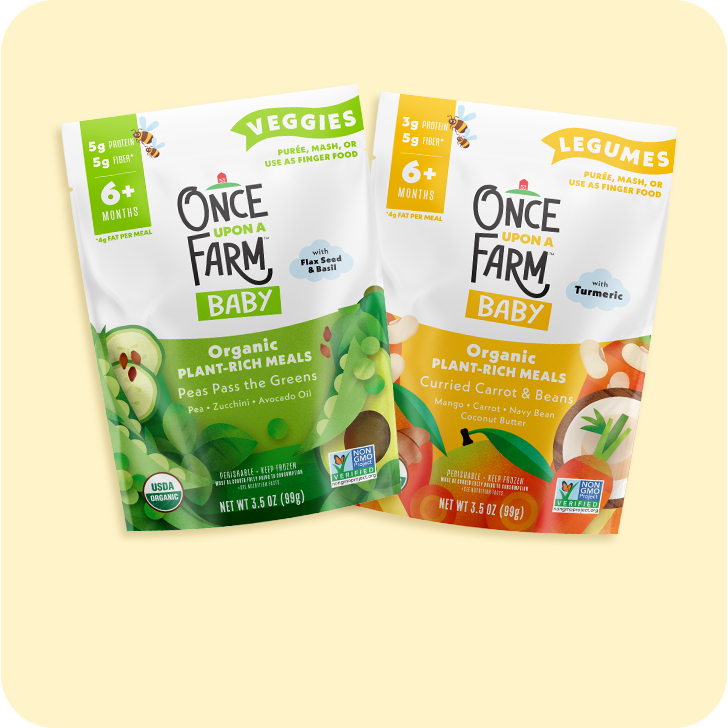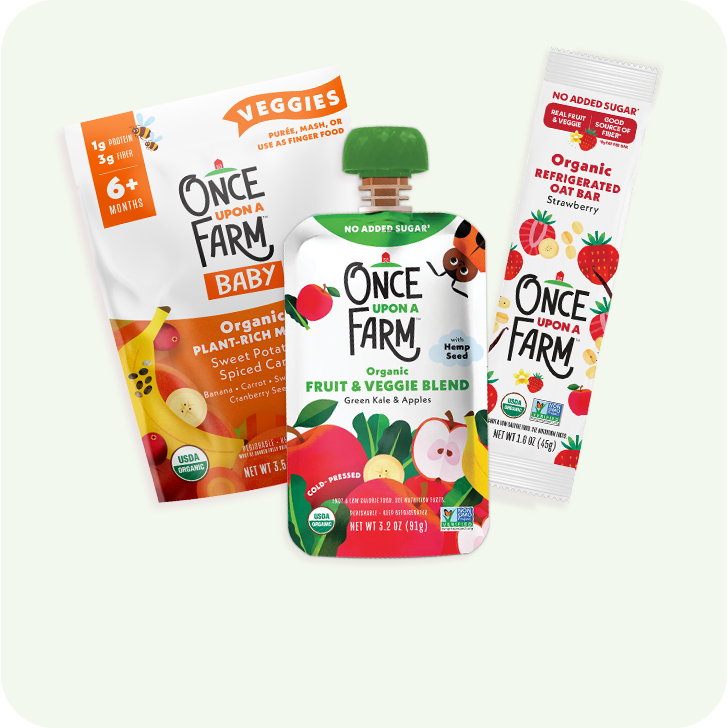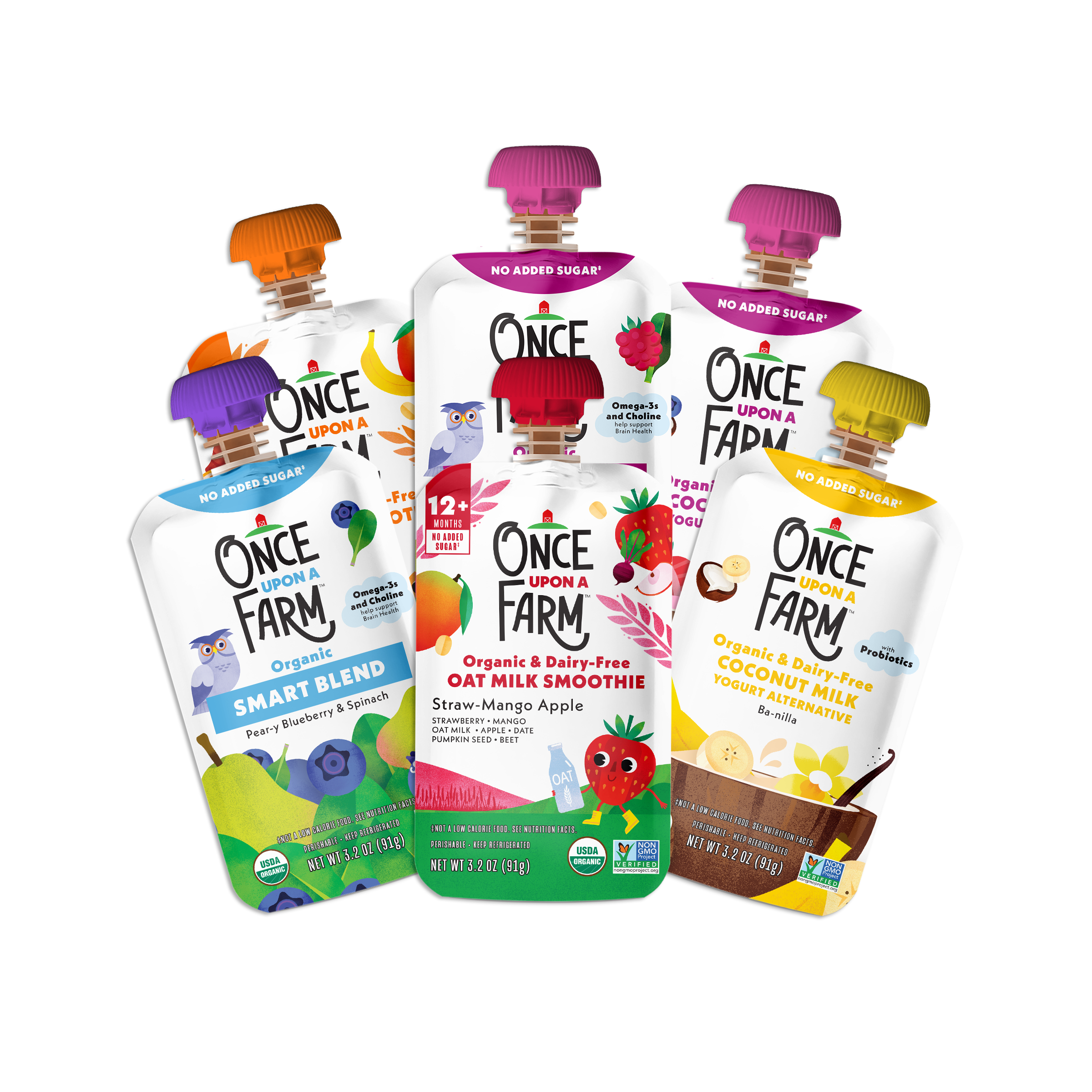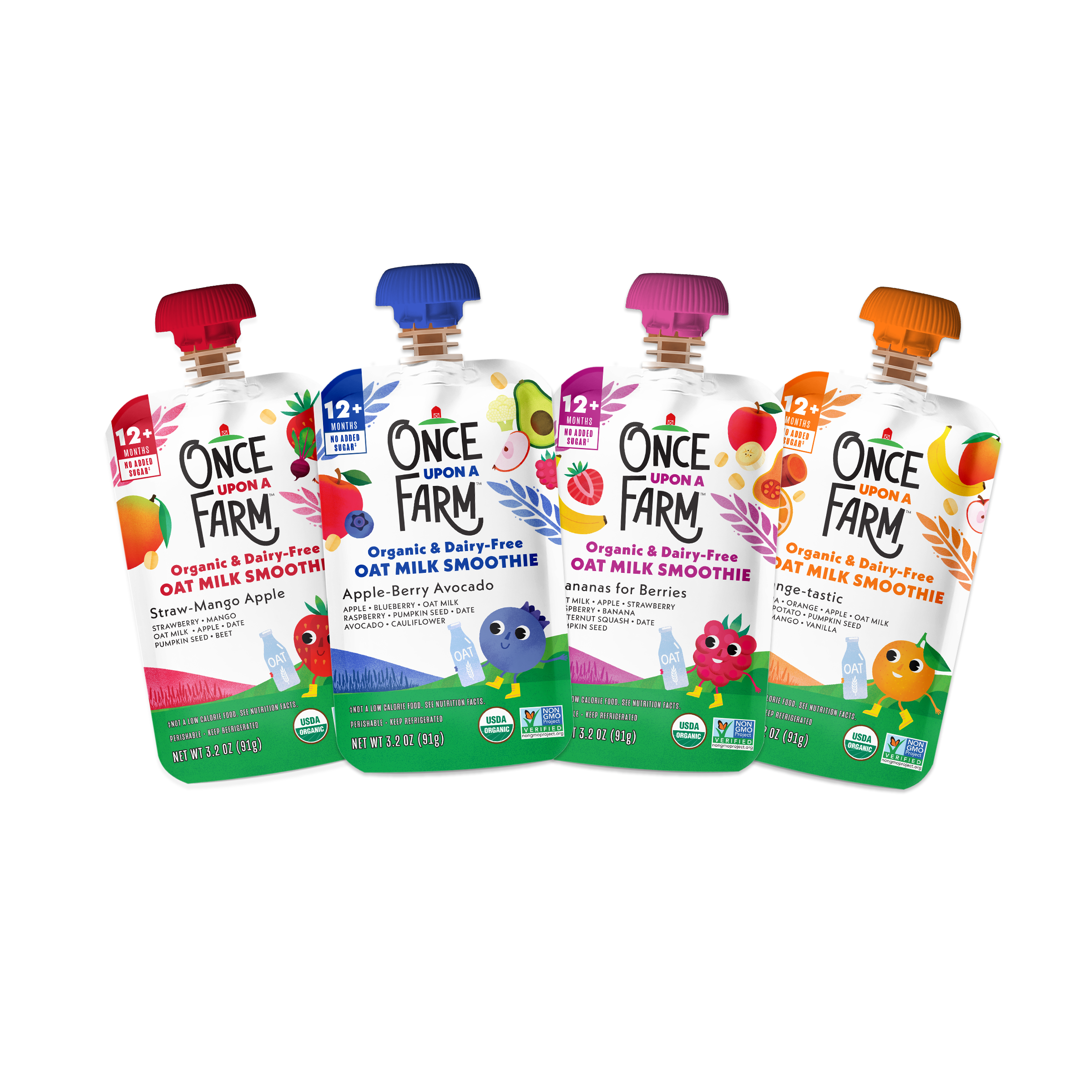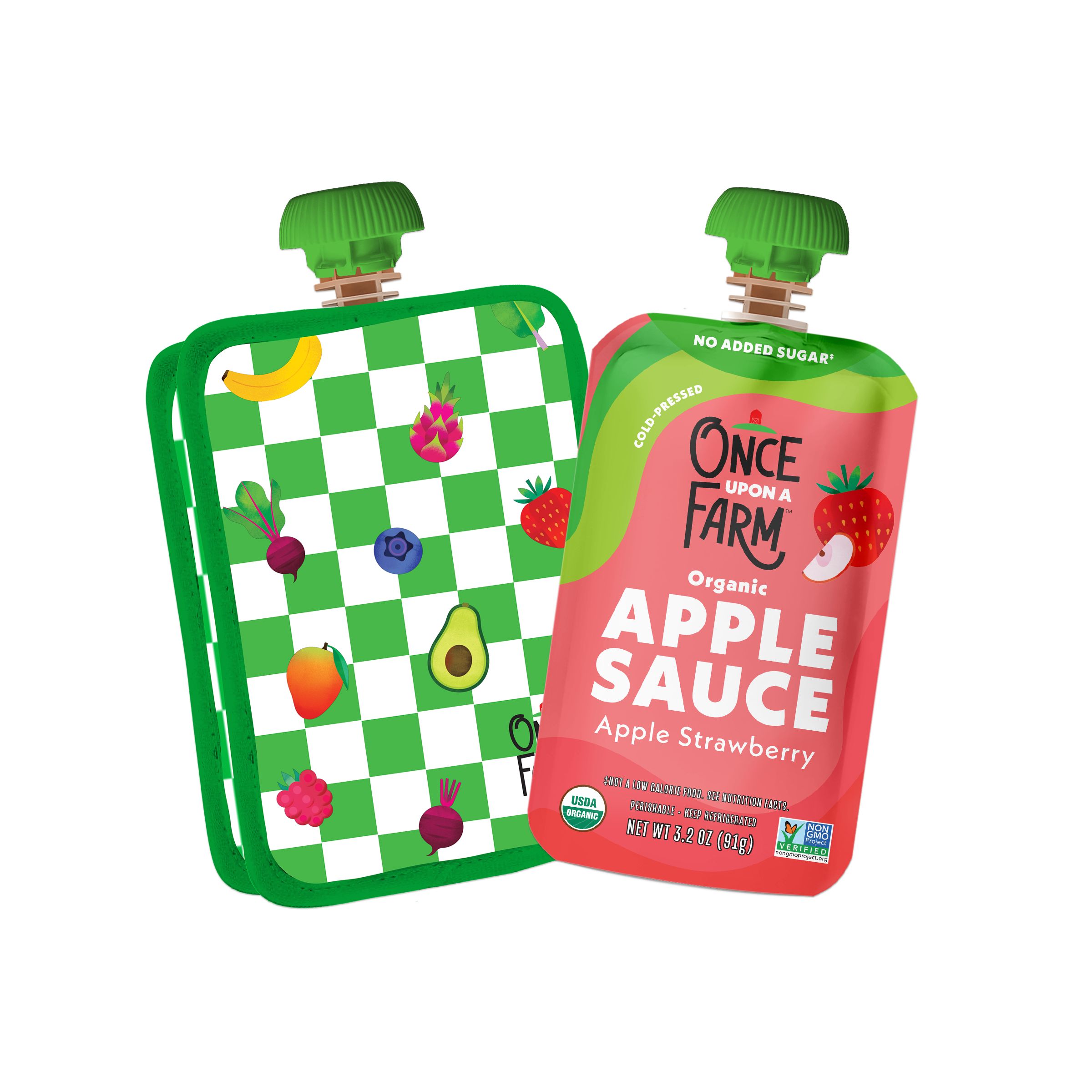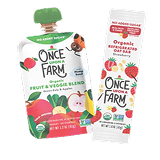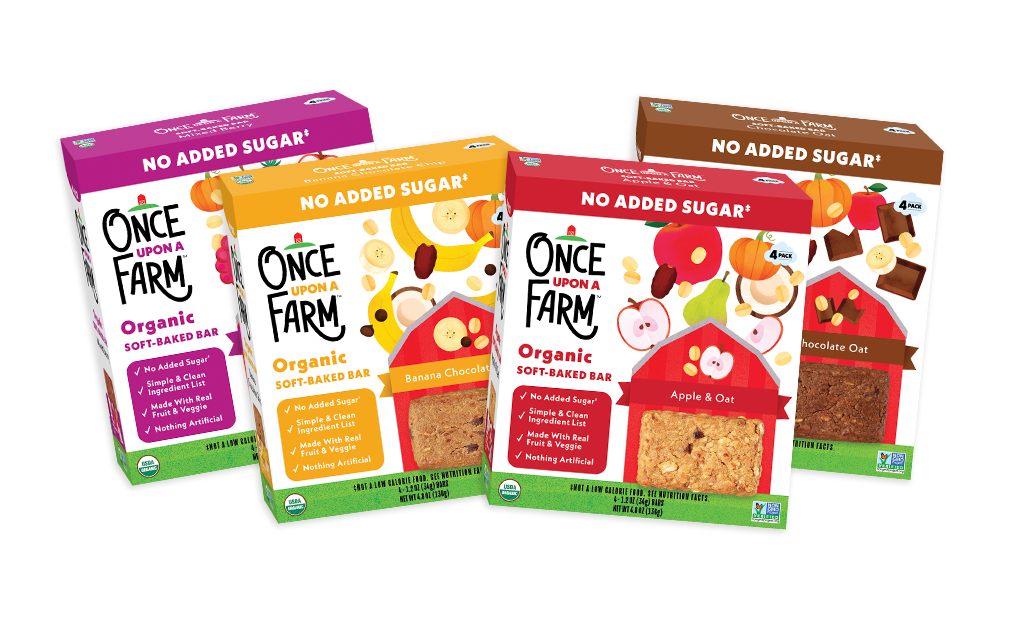Beans are a versatile, protein-packed food that can be a nutritious addition to your baby's diet starting around 6 months of age. Luckily enough, our ready-to-cook frozen Meal Starters make it easier than ever to get your baby on the bean bandwagon. Here’s everything you need to know about these healthy legumes and why they should be a staple in your little one’s meals.
When and How to Start Serving Beans
Around 6 months, you can begin offering your baby pureed or mashed beans. Start with just 1–2 teaspoons at a time to allow their digestive system to adjust.
Recommended for babies six months and older, our Meal Starters can be served puréed, mashed, or as-is! Our legume options include:
- Mint to Be Mediterranean (ft. navy beans)
- Curried Carrot & Beans (ft. navy beans)
- Veggie Burrito Bowl (ft. black beans)
- Greens & Beans (ft. navy beans)
- Reds, Greens & Black Beans (ft. black beans)
From 8–10 months, beans can be served mashed, chopped into small pieces, or left whole once the baby is adept at chewing. Cook beans until very soft and easily mashed with a fork.
By 12 months, most varieties of whole beans are safe for babies. Make sure beans are thoroughly cooked and watch for choking with whole beans! A great first bean is large lima beans that your baby can grasp and nibble on.
Benefits of Introducing Beans Early
- Beans provide plant-based protein needed for growth and development.
- They’re high in fiber to promote good digestion.
- Beans deliver key nutrients like iron, magnesium, potassium, folate, and zinc.
- Starting babies on vegetarian protein sources like beans helps develop an early taste for plant-based diets.
- The high protein and fiber in beans help keep little ones feeling full.
- Beans are readily available and easy to prepare in baby-friendly textures!
Types of Beans to Try
- Black beans: Easy to mash when cooked with a mild flavor
- Navy beans: Smooth texture and pair well with other flavors
- Kidney beans: Hold their shape well when cooked
- Lentils: Easy to digest and cook quickly
-
Chickpeas: High in protein with a fun texture
Note: Exercise caution with lupin/lupini beans, as they are an emerging allergen that may be cross-reactive for those with peanut allergies. For any specific recommendations or questions, please refer to your child’s healthcare provider. If you believe your child is experiencing an allergic reaction, please call 911.

